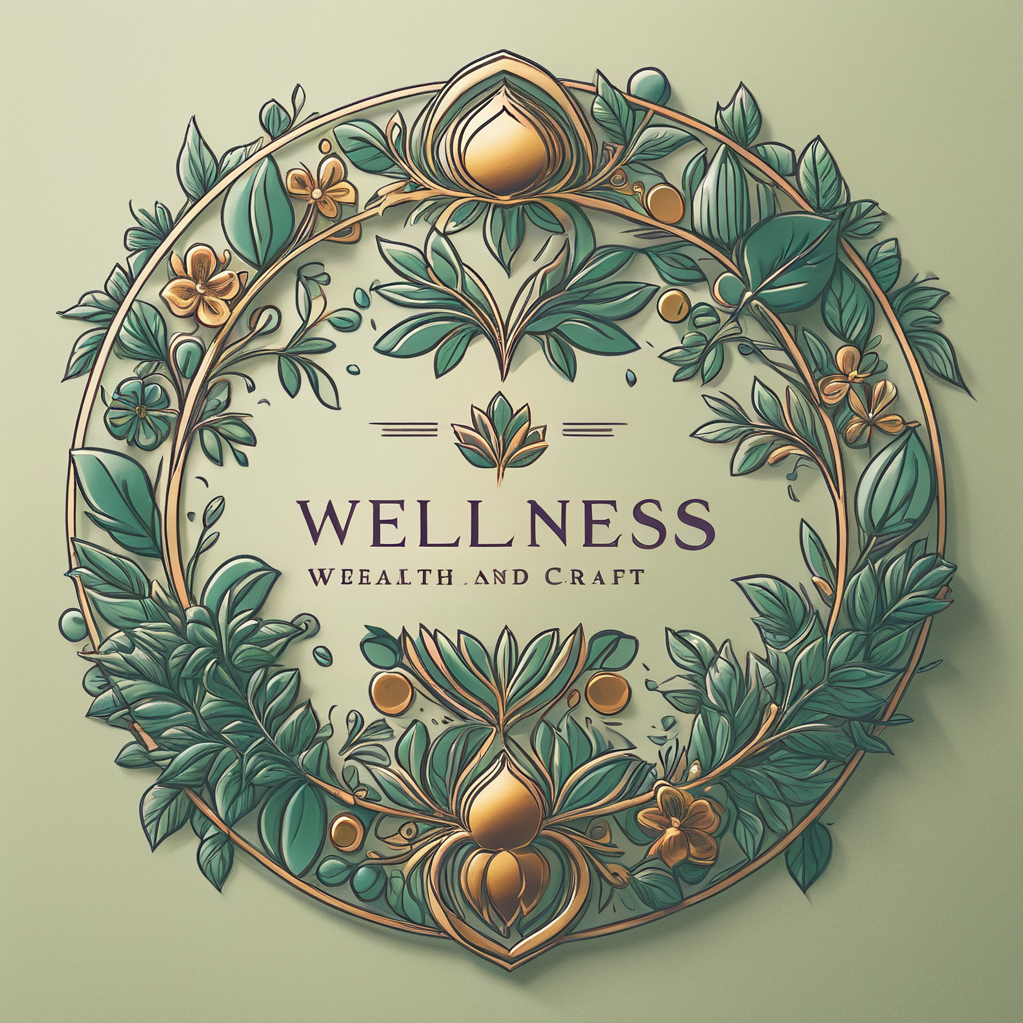Today is World Sexual Health Day and the theme is “Positive relationships.” To mark this occasion, I’ve been collaborating with Feeld, the dating app for the curious, on a groundbreaking report titled, The State of dating: How Gen Z is Redefining Sexuality and relationships. This report takes a deep dive into how Gen Z—shaped by global instability, digital immersion, and evolving cultural scripts—is taking a new approach to sex and dating compared to the generations that came before.
We analyzed data from Feeld’s diverse community and drew insights from broader research I’ve conducted at the Kinsey Institute to reveal how Gen Z is carving a distinct path, embracing fluid identities, and reimagining traditional relationship structures to reflect their complex realities. The results reveal substantial differences in the sexual attitudes, behaviors, and practices of Gen Z, Millennial, Gen X, and Boomer adults.
Key Findings From the Report
- Monogamy
- Despite the common perception that Gen Z is moving away from traditional relationship structures, monogamy actually emerged as the single most-preferred relationship style among young adults on Feeld. This stands in contrast to Millennials and Gen X, who favored ethical non-monogamy, and Boomers, who favored friends with benefits.
- In my own research on sexual fantasies derived from a broader sample, I’ve observed similar trends. For example, I found that 81% of Gen Zers fantasize about monogamy, with 44% fantasizing about it often—which is nearly twice the rate of older generations. By contrast, fantasies about ethical non-monogamy tend to rise with age, and are highest among Millennials and Gen X.
- Sexual and Gender Fluidity
- 71% of Gen Z Feeld Members report a sexual identity other than heterosexual, while 18% identify as gender diverse.
- Feeld Members demonstrate significant fluidity in both their sexual and gender identities, with 10% of Gen Zers reporting a change in gender identity since joining the app, and 18% reporting a change in sexual identity. When asked about the reasons behind these changes, most reported that they had developed a deeper or more expansive understanding of their sexuality and gender.
- This trend aligns with what we’re seeing in the broader scientific literature, which indicate that younger generations are increasingly open to exploring and redefining their identities over time.
- Kink Exploration
- 55% of Gen Zers on Feeld have discovered a new kink since joining the app, making them the most explorative generation in this regard.
- In comparison, 49% of Millennials, 39% of Gen X, and 33% of Boomers reported similar discoveries.
- Gen Zers are arguably the kinkiest generation yet. In my research on sexual fantasies, I’ve observed something similar: fantasies about kink and BDSM are highest among young adults and gradually decline with age. Specifically, I found that 56% of Gen Z reported BDSM fantasies, compared to just 12% of Boomers.
- 55% of Gen Zers on Feeld have discovered a new kink since joining the app, making them the most explorative generation in this regard.
So What Does All of This Mean?
These data offer a fascinating glimpse into how Gen Z is redefining sex and relationships. They are kinkier and queerer than any other generation, and they embrace fluidity and change in how they see and understand their sexuality and gender. Also, while there is indeed a lot of openness to non-monogamy among younger adults, monogamy retains a distinct appeal to many Gen Zers. Their openness to exploring more fluid ways of being, coupled with an unexpected affinity for monogamy, suggests a generation that is simultaneously challenging and embracing tradition.
For more detailed insight and analysis, you can read and download the full report here.
Want to learn more about sex and Psychology? Click here to check out other articles on the blog and here to listen to the podcast. You can also follow us on Instagram (@JustinJLehmiller), Facebook (facebook.com/psychologyofsex), Twitter (@JustinLehmiller), or Reddit (reddit.com/r/psychologyofsex) to receive updates.
relationships/”>Source link



